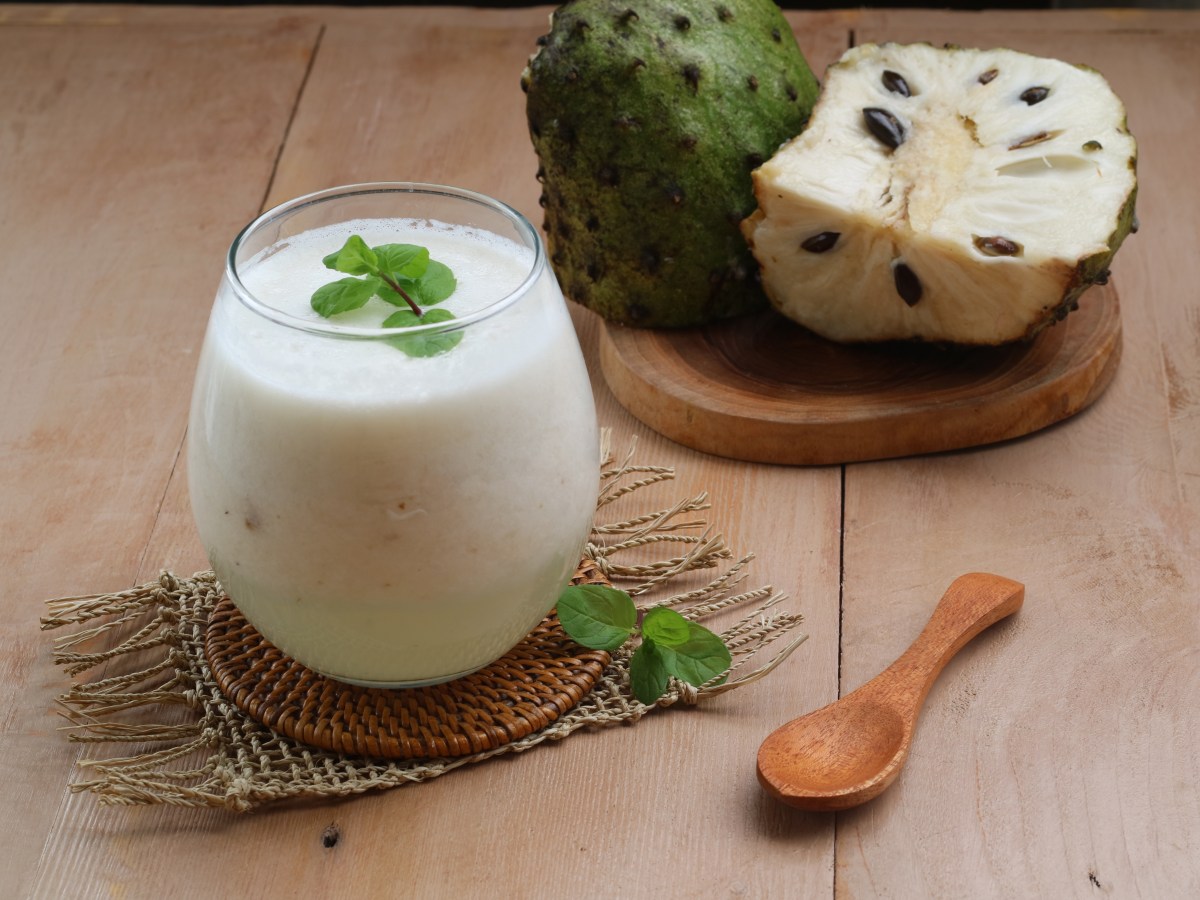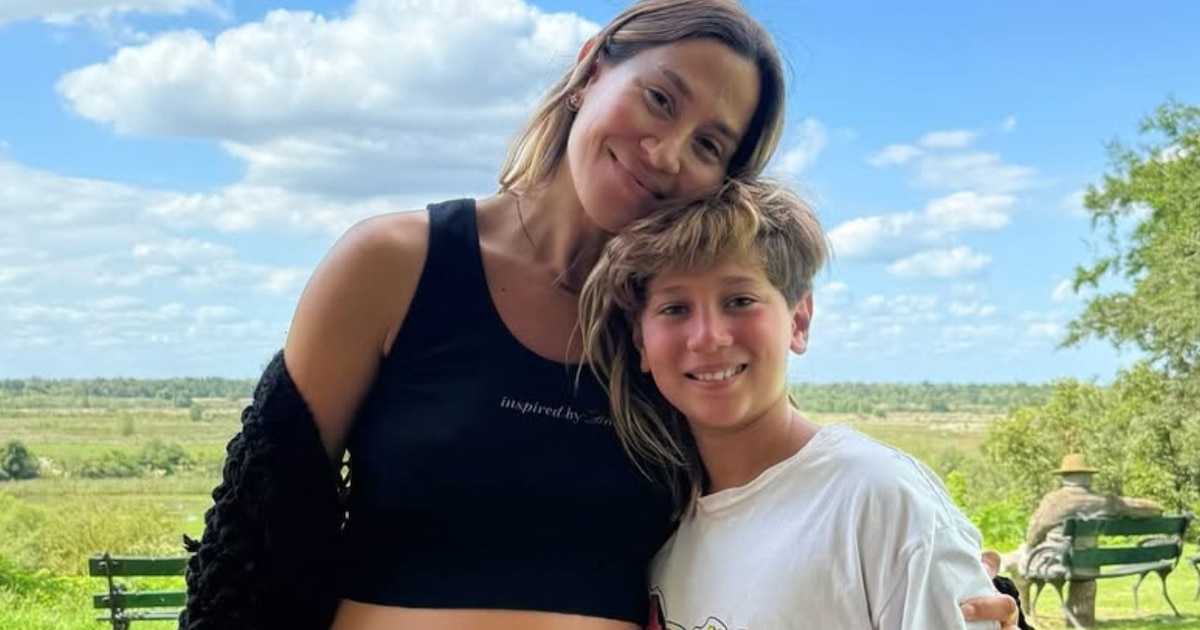By Farai Mutsaka
Updated [hour]:[minute] [AMPM] [timezone], [monthFull] [day], [year]
HARARE, Zimbabwe (AP) — In a world of trade wars, tariffs and tensions, foreign diplomats in Zimbabwe found a more lighthearted way to vie for supremacy: a cooking contest.
Ambassadors swapped briefing notes for recipes in the quest to win the second annual #ambassadorscookoff challenge in the southern African country last month. Their task was to produce the most delicious-looking version of a favorite local village dish of chicken with rice in a peanut butter sauce. The public voted online after the diplomats posted photos of their finished meals.
“The atmosphere in international relations these days is a little bit tense,” said France’s ambassador to Zimbabwe and cook-off competitor Paul-Bertrand Barets. “We are human beings. As diplomats, we want also to have some fun and to relax.”
Barets, in a blow for his food-famous nation, didn’t win.
The crown went instead to Dutch Ambassador Margret Verwijk. Other contestants included ambassadors from Canada, the U.K., Australia, Turkey and “flavor master” Murad Baseer, the ambassador of Pakistan, whose meal took third place.
The dish the ambassadors were judged on has its own story.
It’s made with what are known as “road runner” chickens — hardy free-range birds whose tough, flavorful meat is deemed by many to be tastier than that of commercially bred chickens. Known for scavenging and surviving in harsh rural conditions, the chickens are a staple of Zimbabwe village cuisine and often command high prices in urban restaurants.
The cookoff organized by Zimbabwe’s popular online foodie community TeamFulo encouraged the foreign envoys to do more than just cook a good meal.
They visited rural and township markets to source their ingredients, learned local cooking practices and immersed themselves in Zimbabwean food, humor and culture. From bargaining at the markets in the local Shona language to cooking on open fires with clay or iron pots, and even tossing in some Zimbabwean slang for flair, the contestants dived in and posted their progress on social media.
For Zimbabweans following online, it provided a rare chance to see foreign diplomats embrace local life with seemingly genuine interest and humility. Followers cheered the ambassadors on and assigned them Shona totems — symbols of kinship and respect.
Australian Ambassador Minoli Perera, whose dish took second place, knelt on a reed mat, blowing into a fire. She stirred a huge iron pot similar to those usually used for big rural feasts. Fans dubbed her “Chihera,” a revered totem associated with a lineage of assertive, independent women.
One gushed: “Ambassador, you are truly a daughter-in-law of Africa. I love it, I love it!”
British Ambassador Pete Vowles was a fan favorite. Video of him roasting and pounding peanuts and preparing other ingredients was accompanied by his best Shona commentary for each step. His experience riding home in a packed public minibus while cradling a live road runner chicken like a trophy was a hilarious highlight.
“Send us videos when you cook!” women shouted to him at the market. He even prompted nostalgic comments from online followers like “now you make me miss my rural home!”
Vowles won the Choice Award, given to the ambassador who best connected with the public online and in person.
“You reminded us of the richness in our culinary traditions. You truly brought the spirit of community to life,” said TeamFulo. Fulo is local slang for food.
Barets said his social media videos showing him chasing a chicken, shopping at a dusty market and demonstrating his kitchen skills gained attention and boosted interest in more formal posts on France’s diplomatic programs in Zimbabwe, which is enjoying improved relations with the United States and European Union following two decades of sanctions that are gradually being removed.
The cookoff provided a unique avenue to connect with ordinary Zimbabweans and “convince them we are human beings and not statutes with neck ties,” Barets said.
___
AP Africa news: https://apnews.com/hub/africa
 hace 8 meses
42
hace 8 meses
42





 English (US) ·
English (US) ·  Spanish (ES) ·
Spanish (ES) ·